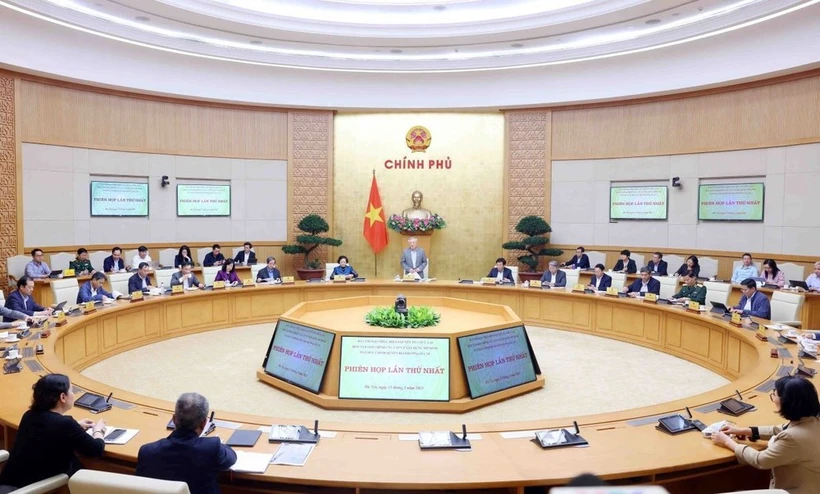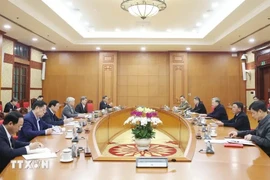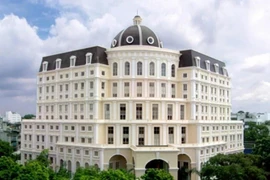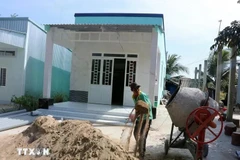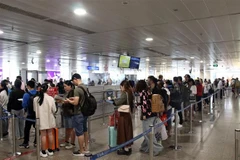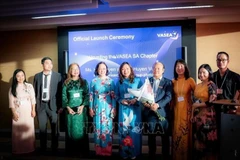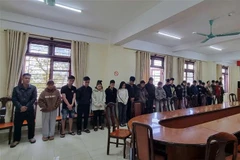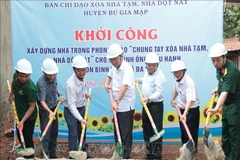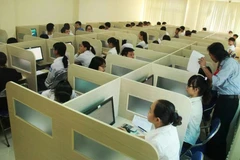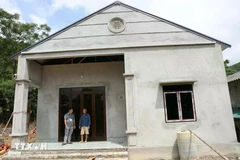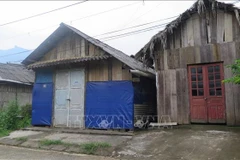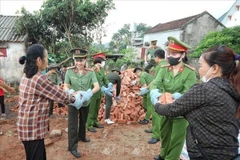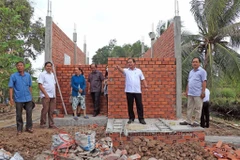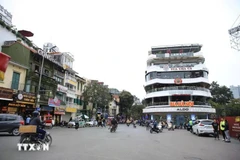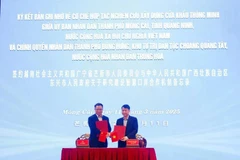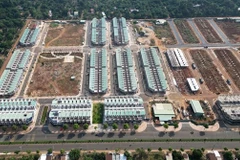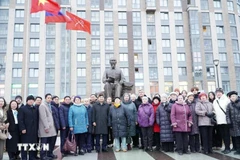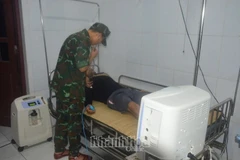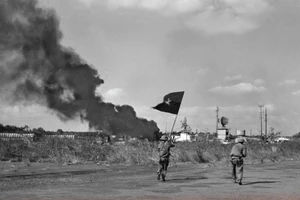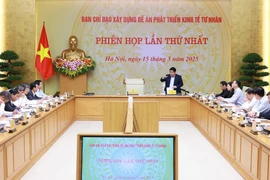Hanoi (VNA) – Merging provinces and organising two-tier local administrations without the district-level one can generate positive results, particularly for the expansion of development space and further development vision, said former Deputy Minister of Home Affairs Dr Tran Anh Tuan.
Tuan, who is also Chairman of the Vietnam Association for Administrative Sciences, told the Vietnam News Agency that Conclusion No. 127-KL/TW of the Politburo and the Secretariat truly reflects a strong spirit and high political determination in implementing the streamlining of the organisational apparatus. It not only provides a specific roadmap but also clearly directs the goals and requirements regarding the contents and timelines for implementation.
Compared to the previous mergences of administrative units, this time has many distinctive features.
Firstly, it is being conducted simultaneously at both the provincial and communal levels.
Secondly, the number of local administration levels will be reduced from three to two, eliminating the district level. This not only streamlines the organisational structure but also reduces the local administration levels.
Thirdly, the mergence of provinces or communes will not only rely on previous criteria like population size and area, but be based on the national master planning, regional planning, local planning, and socio-economic development strategies, expanding the development space in connection with the six socio-economic regions.
This also represents a shift in the mindset – merging not simply for streamlining but to achieve the ultimate goal of development and prosperity, Tuan said.
Fourthly, along with the mergence of provinces, there will also be continued mergence of communal administrative units. Therefore, it is necessary to study and clearly identify local administration models at the communal level that are suitable for urban, rural, mountainous, delta, island areas, as well as population size, area, history, culture, national defence, security, ethnicity, and religion.
This is closely linked to defining the functions, tasks, powers, organisational structure, operational mechanisms, job positions, and numbers of civil servants and employees of local administrations.
Fifthly, the agencies of the Party committees, the Vietnam Fatherland Front, and social-political organisations will also be reorganised to ensure consistency at the communal level administration after the mergence.
Sixthly, through the mergence process, there must be an evaluation and classification of the staff and civil servants to genuinely improve the quality of the workforce in the new organisational structure and address the policies for those affected by the streamlining and mergence.
These six distinguishing issues, compared to the previous mergences, demonstrate a systematic, comprehensive, and synchronised approach in the organisational streamlining revolution and ensure success, propelling the country into a new era, he emphasised.
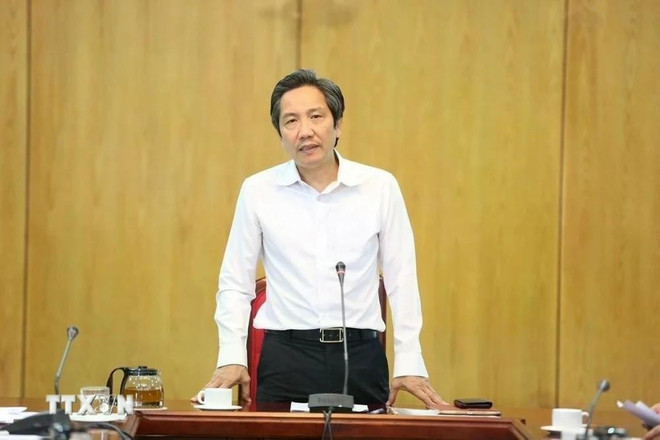
According to Tuan, to implement the mergence effectively, firstly, it is essential to comply with the directives of the Party committees and reach a consensus on the views and ideas regarding the mergence and the organisation of local administrations at two levels.
In addition, attention must be paid to naming new administrative units, their political-administrative centres (capitals).
Criteria relating to historical, cultural, and traditional values should be taken into account when choosing the names.
Similarly, the selection of the capital of a province must be based on history, geographical location, infrastructure, and the ability to meet the requirements of a political-administrative centre, national defence, security, and international integration.
However, the most important thing to pay attention to is to create consensus, unity, and solidarity among the people and the Party committees and local administrations involved in the mergence.
It is also necessary to redefine the functions, tasks, powers, and restructure of the organisational apparatus of the provincial and the commune-level administrations.
Tuan also noted that there must be an inventory, control, and effective management of public assets such as offices, warehouses, equipment, and properties to avoid wastefulness or violations during the mergence./.
